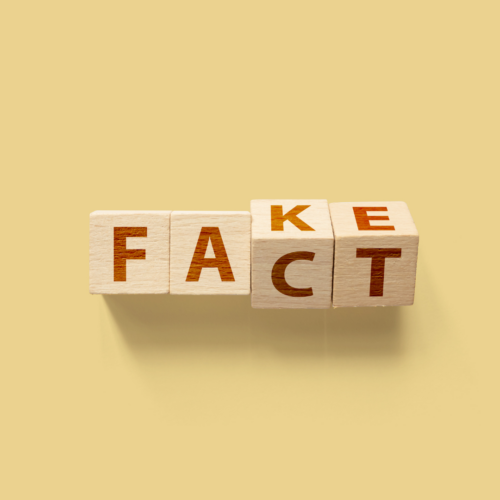Am I Susceptible to Confirmation Bias?
Let’s face it–we all have biases. Biases are present when we favor something unfairly. I was subject to my own bias just the other day. In the grocery store, I had two options of spices to choose from. One was in a nice glass jar with a pretty font on the label. The other had a plastic cap with bright colors that stood out. I chose the first option because I thought it looked more “natural” and “organic.” My decision was based on my bias that the salt with the nicer label would be healthier than the salt with the plastic cap. When really–at the end of the day–salt is salt.
Lacking objectivity when looking at something is one thing, but when that translates into backing up an assumption, theory, or opinion we already have, that’s when we’re stepping into the dangerous territory of confirmation bias.
What is confirmation bias?
Confirmation bias is the assumption or agreeance that something is true or false because it aligns with what you personally believe to be true or false. Furthermore, what you hope to be true or false.
Confirmation bias also plays a role when consuming news. It’s hard to form an objective, balanced, and unbiased opinion if you’re only looking for evidence that supports your own opinions, or assuming something to be true just because we hope it is.
Confirmation bias can play an instrumental role in our determination and understanding of what is fact or fiction in the media. Just as the media has a responsibility to present reliable information, we as consumers also have a responsibility to be mindful of how we absorb that information.
Read more here on how to be a news literate consumer.

